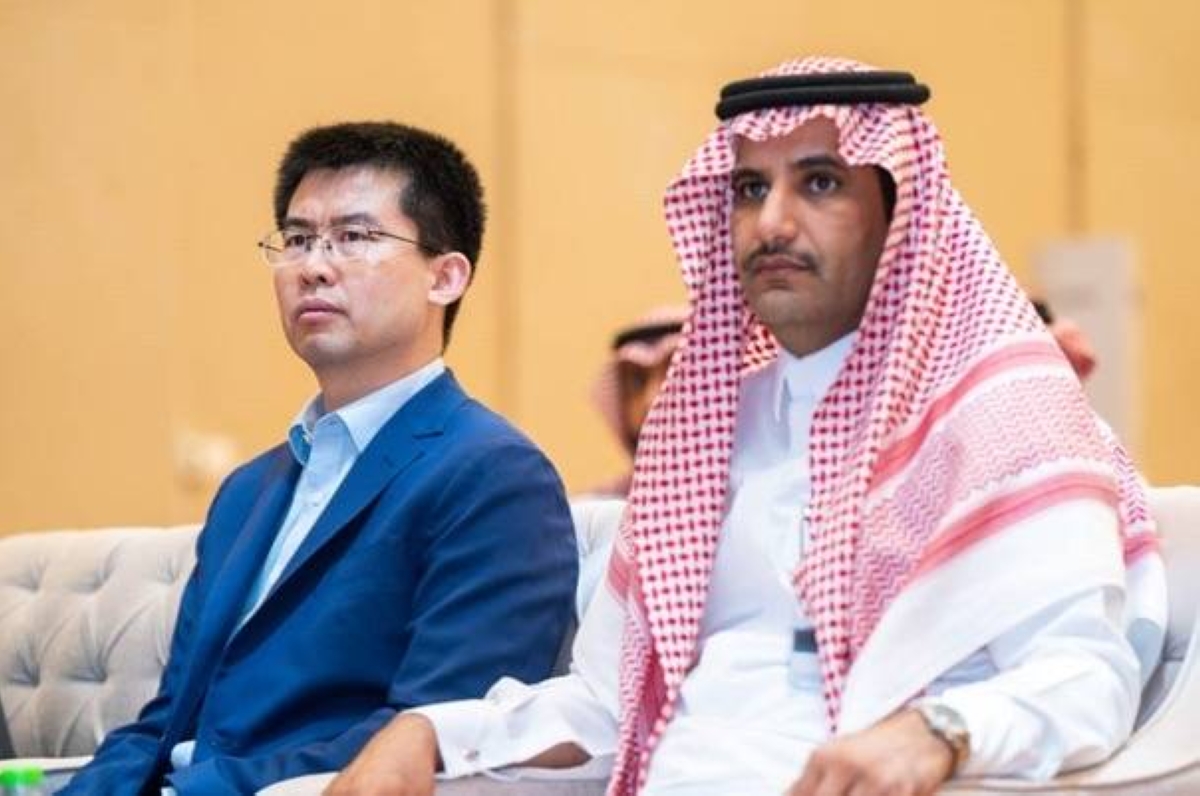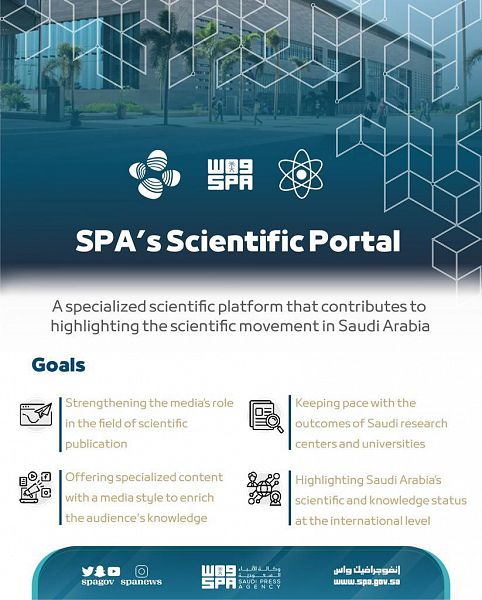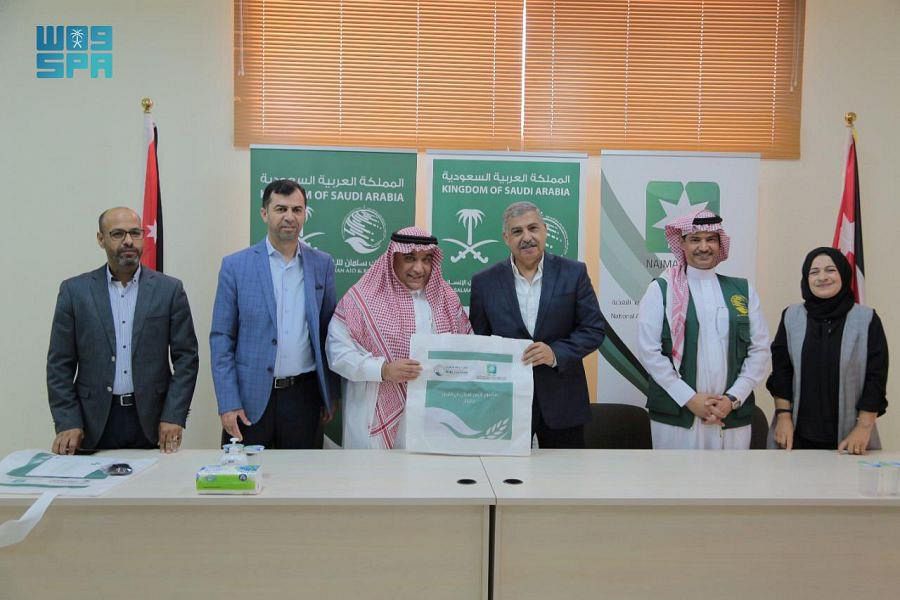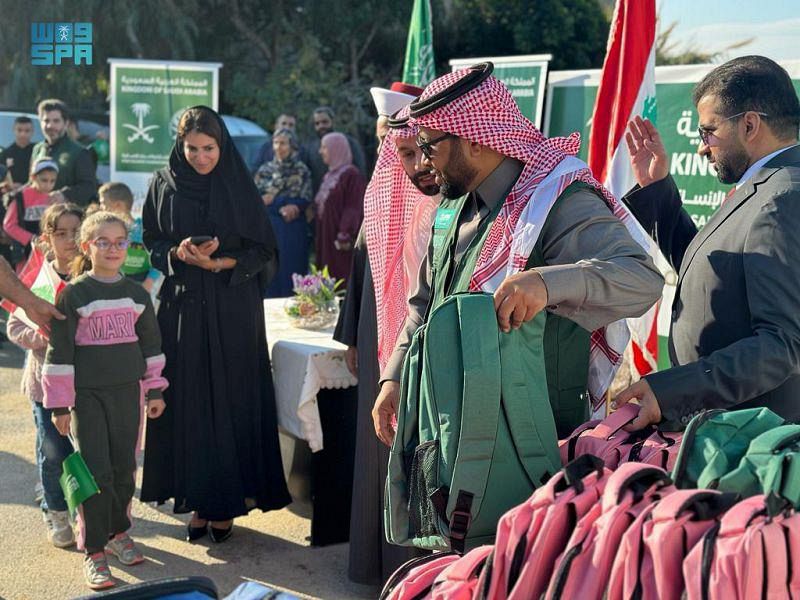
King Abdullah University of Science and Technology (KAUST) announced on Sunday it would bring high speed, reliable community Wi-Fi service to more than 3,000 people thanks to innovative, low-cost radio technology.
This deployment has been conducted in collaboration with the Communications, Space and Technology Commission (CST) and Meta, and is expected to scale through similar locations across the region, bringing affordable high-speed Internet access to hundreds of thousands of people.
As a world-class leading research institution, KAUST’s mission includes leveraging cutting-edge research to give back to the community.
The Modern Architectural Contracting Company (MACC) camp, located about 1.5 km from the KAUST campus, previously offered no Internet connectivity due to the lack of high-speed backhaul and distribution capacity to the Wi-Fi nodes.
Hybrid radio frequency and free space optics (RF/FSO) systems have emerged as a promising solution for reliable high-data-rate wireless connection between KAUST and the MACC camp.
The deployment of Terragraph, a gigabit wireless technology developed by Meta, is allowing the validation of KAUST research in extreme bandwidth communication (i.e., mm-wave RF and FSO), with the potential to develop new practical switching algorithms for hybrid mm-wave RF/FSO links.
In this context, weather stations installed in KAUST and the camp will be used to monitor climate variables that could affect the operation of FSO systems and the switching between FSO and mm-wave RF backhaul links.
“Fiber would have been way too expensive to deploy, not only as a backhaul between KAUST and the camp, but also as a distribution technology within the camp, notwithstanding the lack of flexibility as housing configurations tend to change,” said Dr. Mohamed-Slim Alouini, Distinguished Professor of Electrical and Computer Engineering.
“We needed a low-cost, high-speed alternative to fiber that can be redeployed at little to no cost. Terragraph was the perfect choice.”
Terragraph, now available through several equipment manufacturers, operates in the license-free 57-71GHz band, supports data rates of up to 3 Gbps, and boasts advanced fault-tolerant mesh routing protocol for capacity distribution.
Thanks to Cambium Networks’ Terragraph equipment, the MACC camp links to the KAUST campus and distributes capacity to the Wi-Fi nodes, making it possible to design a sustainable high-speed backhaul and distribution network without the need to deploy fiber, ultimately reducing costs and delay.
“The goal is to see research on these advanced technologies bringing global connectivity in a sustainable fashion and contributing to the development of tomorrow’s digitally inclusive and sustainable world,” said KAUST President Dr. Tony F. Chan.
Dr. Mohammed Alotaibi, deputy governor, Radio Spectrum at CST, said, “Our goal at CST is to unlock the potential of radio communication in Saudi Arabia for a smarter and safer future by enabling emerging technologies, such as the hybrid mm-wave/FSO systems of the trail.
“We will achieve that through assisting innovation by making a variety of bands available for new concepts in a range of different manners from trial licenses to shared and short-term access.”
KAUST, Meta, and CST believe in the value of new technologie to bridge the internet access and affordability gap and help bring more users to a faster and more reliable internet.
In collaboration with Meta, KAUST worked with CST to evaluate the technology, following the granting of the necessary spectrum permissions and approvals for the equipment.
The project was also supported by Cambium Networks and its Terragraph equipment, along with WiConnect, one of the largest telecommunication system integrators in the Gulf region.
"Access to reliable, affordable and high-speed broadband is an essential part of today"s society and it will become even more important as we embark on building the metaverse, the next evolution of the Internet.
“We"re delighted to see KAUST partnering with Cambium Networks to take advantage of the Terragraph technology and deliver fiber-like connectivity in Saudi Arabia at an affordable cost to their communities," said Anas Metwaly, head of public policy, Gulf Cooperation Council (GCC) at Meta.









